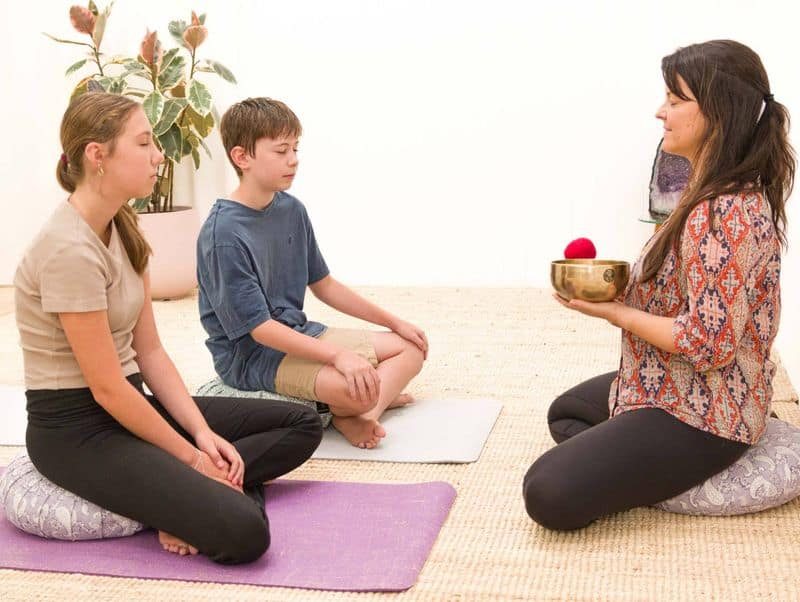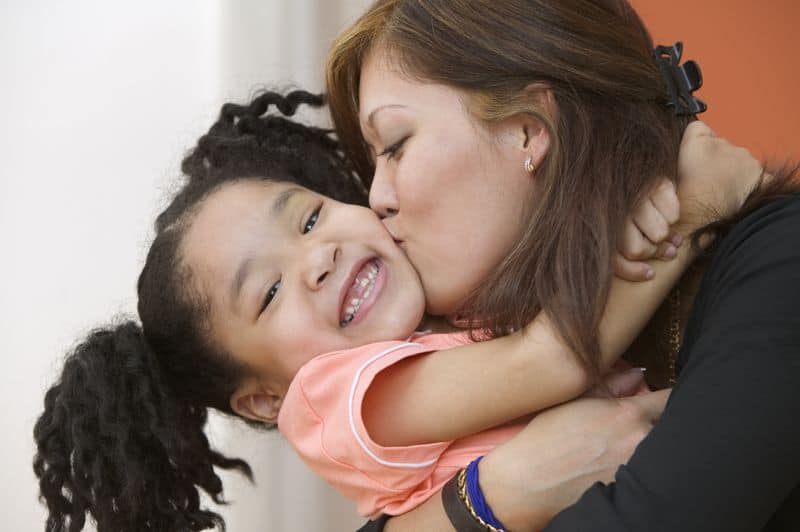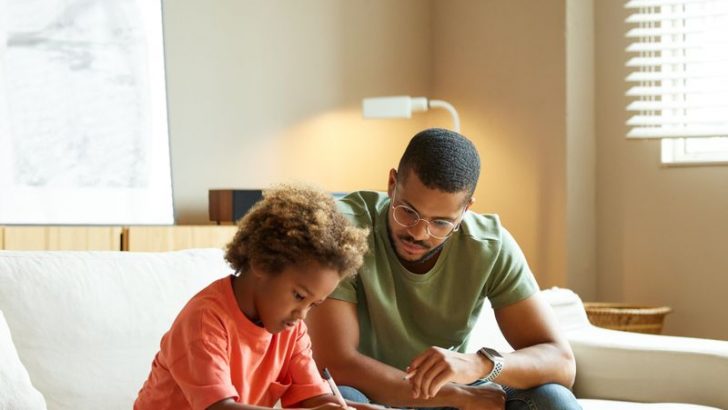Raising children is a rewarding yet challenging journey, filled with moments that can trigger unresolved feelings from our own childhood. To nurture a healthy relationship with your children, it’s important to address and heal your inner child. By doing so, not only do you foster a positive environment for your kids, but you also enrich your own personal growth.
This healing process involves understanding your past, embracing your emotions, and cultivating self-awareness. Engaging in this introspective journey while parenting can be transformative, allowing both you and your children to thrive. Let’s explore eight essential tips for healing your inner child as you raise your own children.
1. Embrace Playfulness

Reconnecting with your inner child often starts with embracing playfulness. Take time to engage in activities that spark joy and bring a sense of wonder. This could be as simple as painting, building sandcastles, or playing tag with your children. Allowing yourself to be silly and carefree not only heals your inner child but also strengthens your bond with your kids. By stepping into their world, you validate their feelings and experiences, creating a nurturing environment. Playfulness encourages creativity and emotional connection, essential for both childhood development and your own healing journey.
2. Practice Mindful Listening

Mindful listening is crucial in healing your inner child while raising your own. When your child speaks, give them your full attention. This practice not only validates their feelings but also echoes the attention you might have needed as a child. Create a space where feelings are heard and valued, fostering trust and security. By actively listening, you model empathy and understanding, qualities that heal old wounds. This approach not only benefits your child’s emotional growth but also helps you connect with your inner child, creating a cycle of healing and growth.
3. Set Healthy Boundaries

Setting healthy boundaries is a vital aspect of healing your inner child. It teaches respect for oneself and others. When you set boundaries with your children, you model self-respect and self-care. Boundaries create a safe space where both you and your children can express yourselves freely. It’s essential to communicate these boundaries clearly and consistently, showing that love and limits coexist. This practice heals wounds from past boundary violations and helps you grow alongside your children. Healthy boundaries foster independence, trust, and mutual respect, nurturing a balanced family dynamic.
4. Engage in Self-Reflection

Self-reflection is a powerful tool for healing. Spend time contemplating your childhood experiences and how they influence your parenting. Journaling can be particularly effective, allowing you to process emotions and gain insights into your inner child. This practice nurtures self-awareness, helping you identify patterns and triggers. By understanding your past, you can make conscious choices in the present, improving your relationship with your children. Self-reflection encourages personal growth and emotional healing, creating a positive ripple effect in your family. It empowers you to break unhealthy cycles and nurture a loving environment.
5. Nurture Emotional Intelligence

Fostering emotional intelligence in your children is crucial for their development and your healing. Teach them to identify and express their emotions, a skill that many adults, including your past self, might struggle with. Use tools like emotion cards or storytelling to make learning engaging. This process not only supports your child’s emotional well-being but also encourages you to connect with your inner child. As you teach, you learn to articulate your own feelings, fostering healing and understanding. Emotional intelligence builds resilience and empathy, forming a foundation for healthy relationships in the family.
6. Create Rituals of Connection

Creating rituals of connection can be deeply healing for your inner child. Establish regular family activities such as bedtime stories or shared meals. These rituals offer predictability and stability, bonding you with your children. They provide a safe space for expression and affection, essential for emotional security. Involving your children in these routines demonstrates love and dedication, something your inner child may have longed for. These moments become cherished memories and reinforce a sense of belonging. Rituals of connection nurture both your child’s development and your healing journey, strengthening family ties.
7. Seek Professional Support

Seeking professional support can greatly aid in healing your inner child. Therapy offers a safe space to explore past wounds and develop coping strategies. A therapist can guide you in understanding how your childhood experiences influence your parenting. This insight empowers you to make positive changes, benefiting both you and your children. Professional support provides validation and encourages healthy emotional expression. It also equips you with tools to navigate parenting challenges mindfully. By investing in your own healing, you set a powerful example for your children, showing that seeking help is a strength, not a weakness.
8. Celebrate Progress Together

Celebrating progress, no matter how small, is vital in the journey of healing. Recognize and appreciate the efforts you and your children make in understanding and connecting with each other. These celebrations reinforce positive behavior and boost self-esteem. Create a supportive environment where achievements are acknowledged, fostering a sense of accomplishment. This practice not only strengthens your relationship with your children but also nurtures your inner child, who thrives on encouragement and recognition. Celebrating progress together builds a culture of appreciation and joy, essential for a harmonious family life.

Well, hello there!
My name is Jennifer. Besides being an orthodontist, I am a mother to 3 playful boys. In this motherhood journey, I can say I will never know everything. That’s why I always strive to read a lot, and that’s why I started writing about all the smithereens I came across so that you can have everything in one place! Enjoy and stay positive; you’ve got this!

